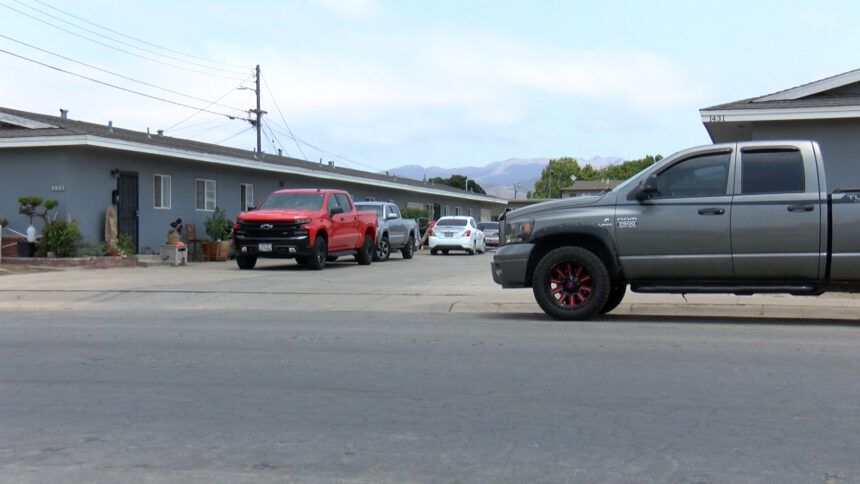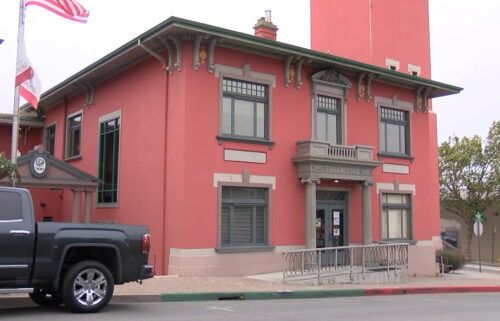Berkeley Study: Salinas ranks high on the list of segregated metropolitan regions
SALINAS, Calif. (KION) A UC Berkeley study investigating the persistence of residential racial segregation in the U.S. found the City of Salinas ranks 20 in most to least segregated metropolitan regions in the U.S.
For some residents in Salinas, the contrast between their neighborhoods and other affluent, predominantly white areas in Salinas is stark.
"I was raised in East Salinas and I always lived in East Salinas but I went to school in South Salinas where I saw the differences from different parts of the city,” said Brian, an East Salinas resident.
According to Stephan Menendian, Director of Research at UC Berkeley's Othering and Belonging Institute, the term for this type of inequality is called residential segregation.
"The point of the study is to remind people that segregation is still the main driving force behind racial inequality," said Menendian.
Although the study did not investigate the causes for racial segregation in places like Salinas, one of their theories revolves around the idea of tax-based and wealth disparities among Black and Latino families compared to White families.
"Racial residential segregation allows white people to channel resources from their wealth and their home values and municipal resources like taxes into public services and public goods," said Menendian.
For Luis Santiago Juarez, a community organizer for Building Healthy Communities in East Salinas, segregation has historical roots dating back to the 1930s and New Deal policies.
"Before there was a concept of redlining, laws written specifically... where there was legislation that specified where different types of people were preferred, "said Juarez.
Anthony Rocha, a council member for the City of Salinas says the Alisal area has received little public funding in the past. For this reason, the council approved the Alisal Vibrancy Plan for $3 million.
"These funds will help invest in our businesses in Alisal, repair our streets in Alisal, and ensure that our focus is on what we can do so that Alisal has the proper amount of public funding," said Rocha.
Menendian says he wants the research from UC Berkeley to show that segregation is alive and well and affects the everyday lives of individuals who live in those segregated neighborhoods.
"Segregation is really what drives these other forms of racial inequality, of life expectancy, of aggressive policing, surveillance, of health inequalities in terms of COVID educational outcomes, economic outcomes such as income and wealth accumulation, intergenerational wealth inequalities," said Menendian.
Although the study shows that segregation has gotten a bit better during the 1990s through 2019, researchers and city leaders say there's still a lot of work to be done.





